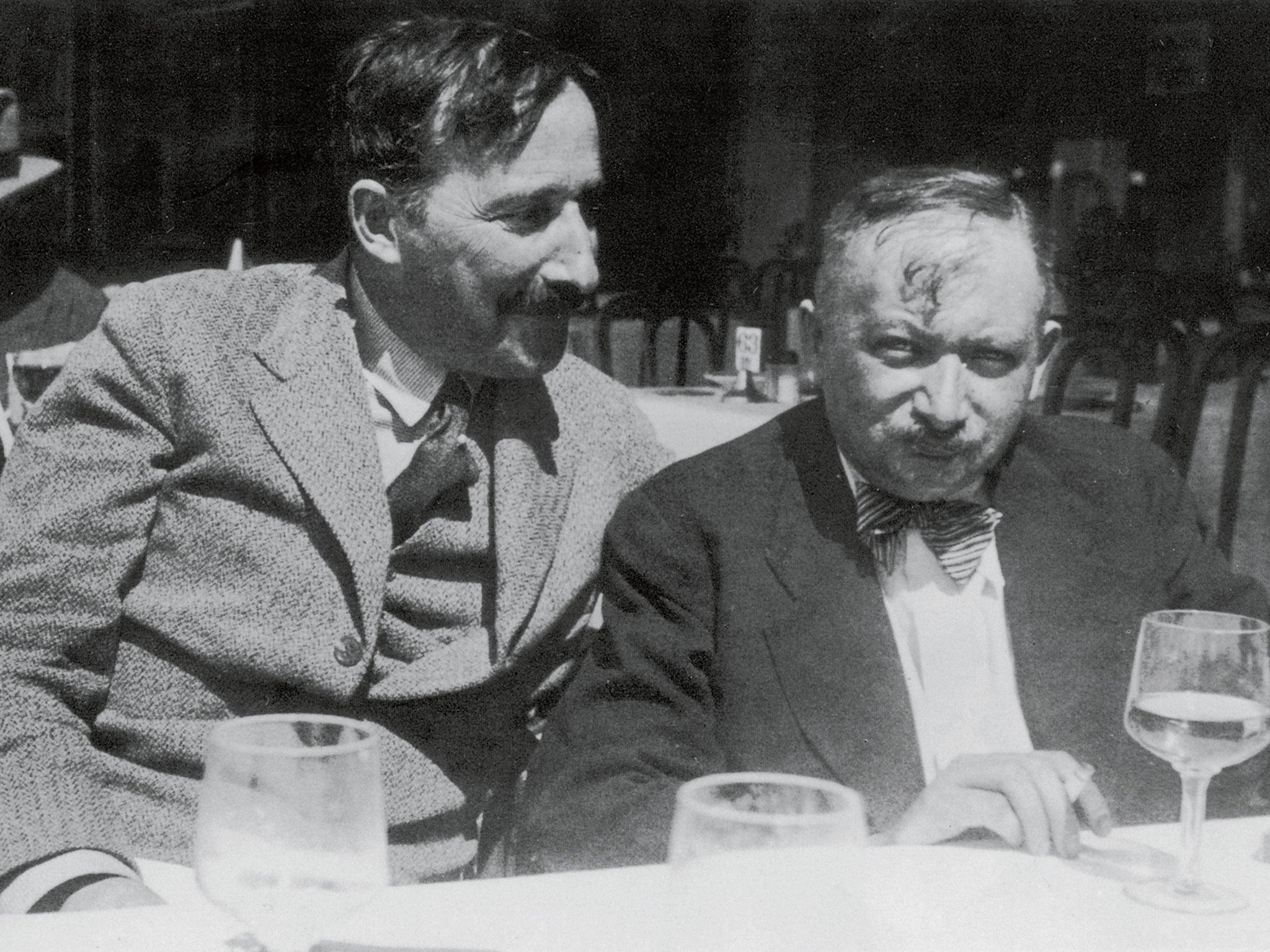Summer Before the Dark: Stefan Zweig and Joseph Roth, Ostend 1936 by Volker Weidermann; trans. by Carol Brown Janeway, book review
Two books examine the life and work of prescient Austrian writer Stefan Zweig

In the essay "1914 and Today", written in 1936 by Stefan Zweig in celebration of the French writer Roger Martin du Gard's novel L'Été 1914 and included in Messages from a Lost World, a new collection of the Austrian's works, Zweig writes about standing on a precipice. A fevered sense of desperate urgency infuses the piece as he describes the "situation of total apathy" that pervades a Europe within which "the idea of Internationalism has been scattered to the winds, the League of Nations is shackled and the obligations of treaties and accords cannot be enforced". He ends with a warning: "If we do not finally take hold of ourselves, it will not be another epic saga as in Roger Martin du Gard's book, but merely a sad testimony to the colossal universal fatigue and incomprehensible indifference of the individual today with regard to his own destiny."
For some wider context, we can turn to Volker Weidermann's captivating new book Summer Before the Dark. In 1936, all too aware of the conflict that was about to engulf the world as he knew it, Zweig – "a world star of literature" – couldn't help but think back to 1914, both the previous tipping point in violent European history and the last time the writer had walked the beach promenade in Ostend. But where 22 years previously, the then-33-year-old had felt "electrified by the headlines" which made him feel "delightfully aroused and excited" now he was "struggling to find a foothold".
Weidermann's book is written as a non-fiction novel. Ostend during the summer of 1936 is his setting, and his characters a band of exiled intellectuals, "refugees in vacationland", orbiting the central figures of Zweig and his friend and fellow writer Joseph Roth as they struggle to contend with the horrors befalling their beloved Europe. And although the cast is an impressive one, at its heart it is the tragic story of the troubled friendship between Roth and Zweig: "Two men, both falling, but holding each other up for a time."
Somewhat reminiscent of that other gem, Florian Illies's 1913: The Year Before the Storm, in the effortless combination of grand epoch-defining moments with seemingly mundane observations of the everyday, it's also steeped in that particular melancholy that permeates the works of both its subjects. Think the loneliness of Roth's The Hotel Years, or the nostalgia-filled pages of Zweig's memoir of Vienna's lost golden age, The World of Yesterday.
We see much of the same in the 10 essays collected in Messages from a Lost World – appearing here in English for the first time, seamlessly translated by Will Stone – that chart Zweig's increasing disillusionment and despair from 1914 through to 1941 (a year before he committed suicide). What Zweig describes in one piece as "the bloody vortex of history" hangs heavily over the collection, the course of which is "as random as roulette", he declares in another. It's not only Zweig who is seeking solace in the past during this period, though. "Why are they all writing works of history?" asks Irmgard Keun, the German author and soon-to-be Roth's lover, on her arrival in Ostend in Summer Before the Dark.
Although beautifully suited as companion pieces, each book stands alone – Messages from a Lost World a necessary addition to any Zweig library, and Summer Before the Dark a historical triumph.
Pushkin Press, £12.99. Order at £10.99 inc. p&p from the Independent Bookshop
Subscribe to Independent Premium to bookmark this article
Want to bookmark your favourite articles and stories to read or reference later? Start your Independent Premium subscription today.

Join our commenting forum
Join thought-provoking conversations, follow other Independent readers and see their replies